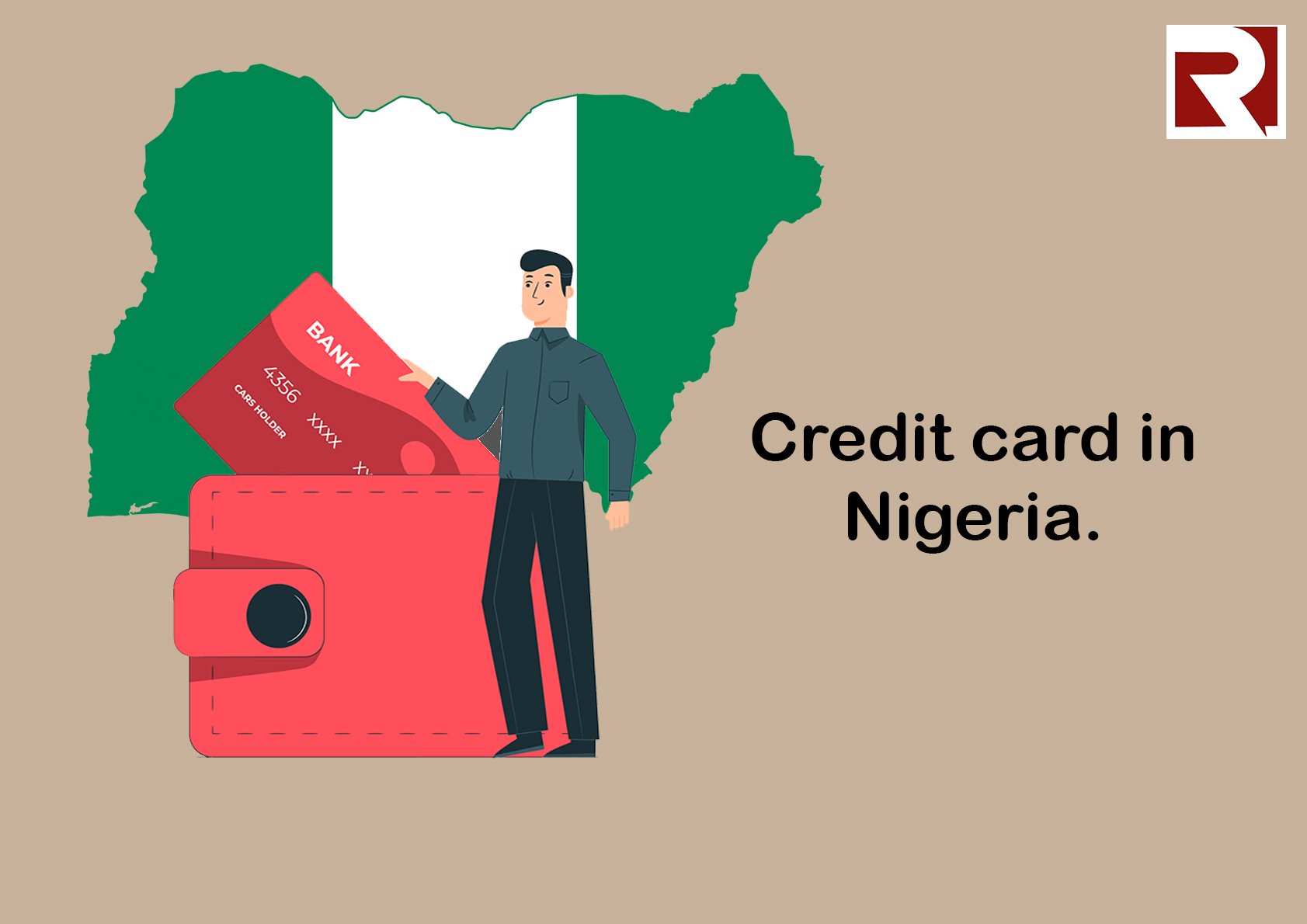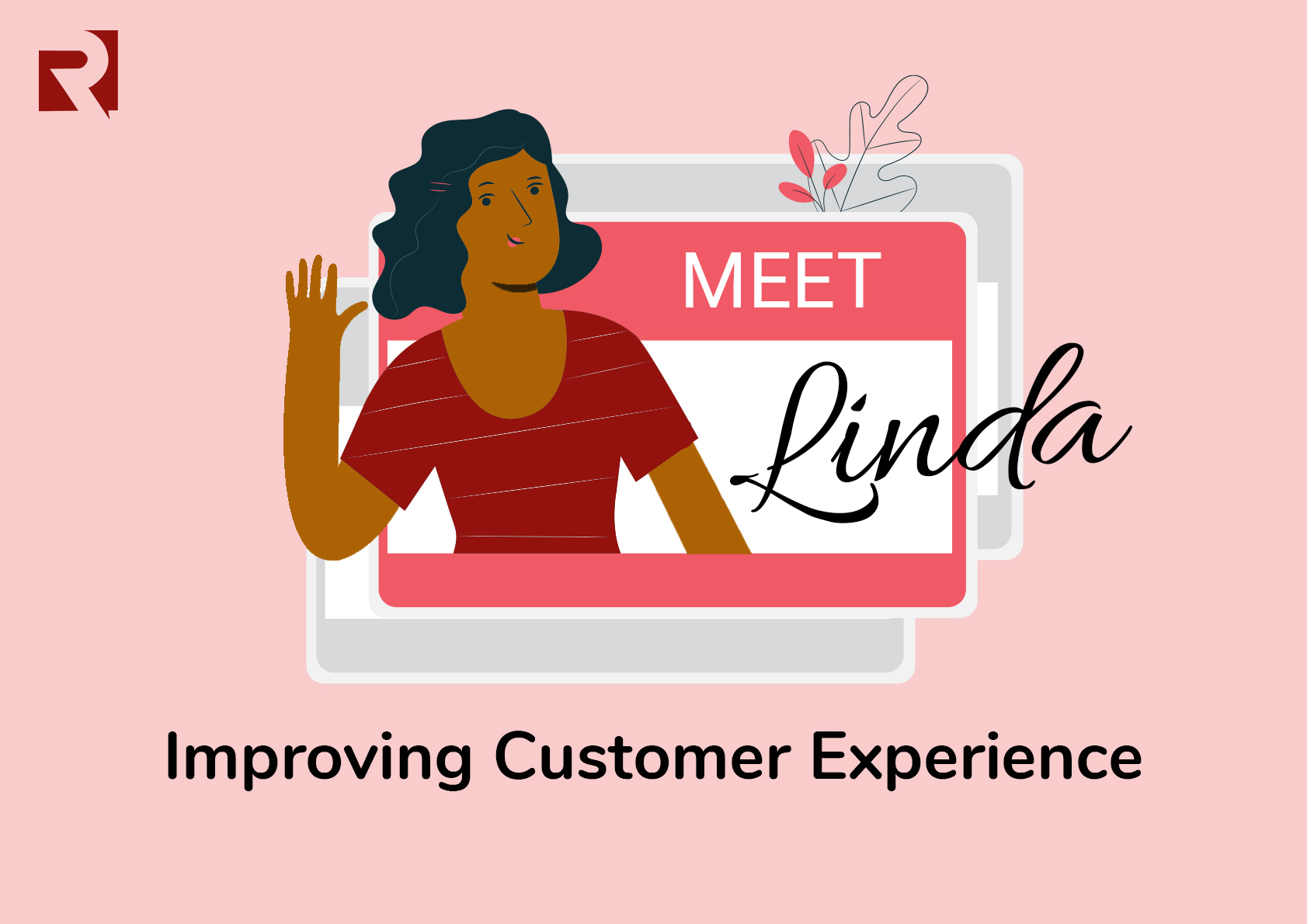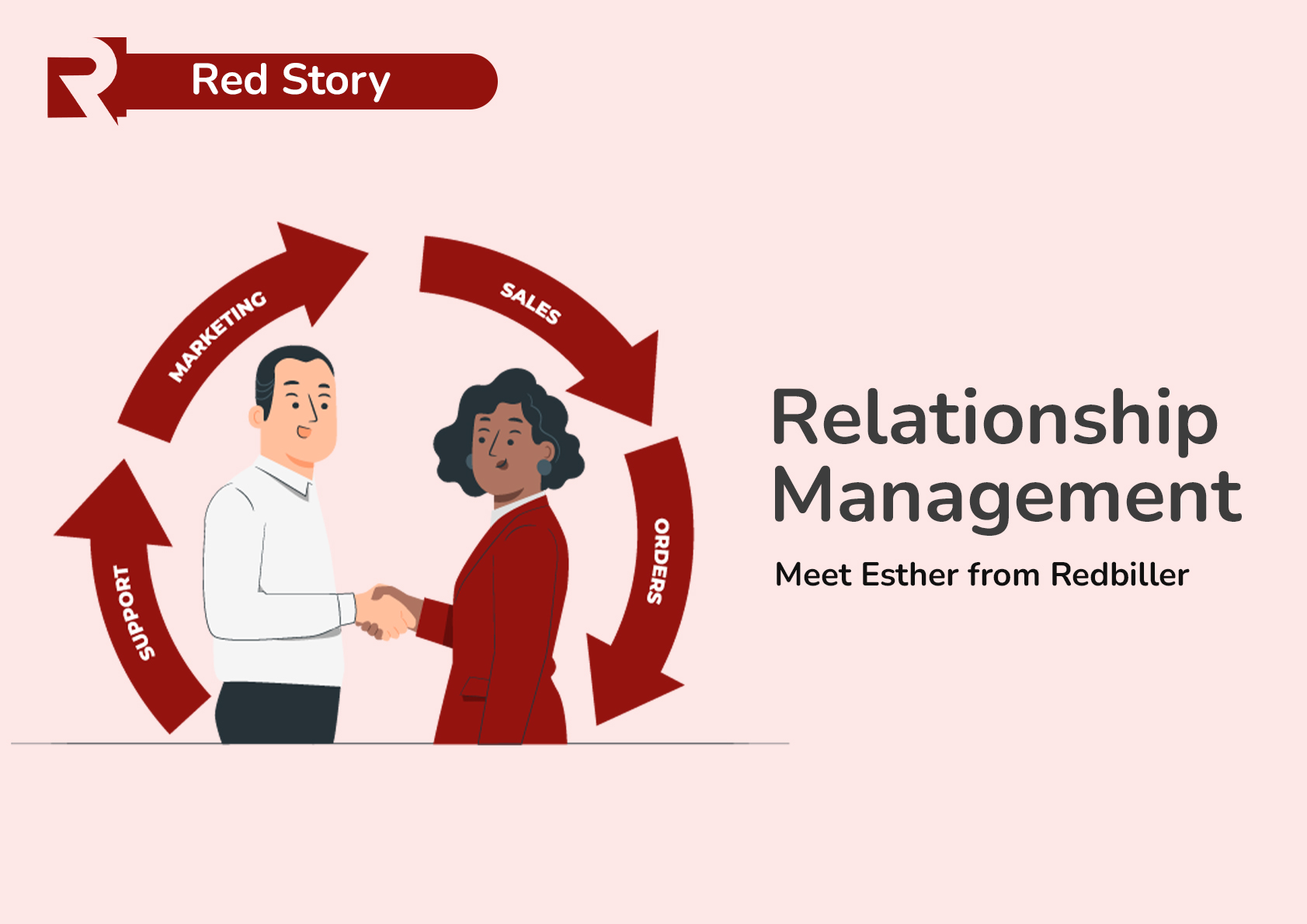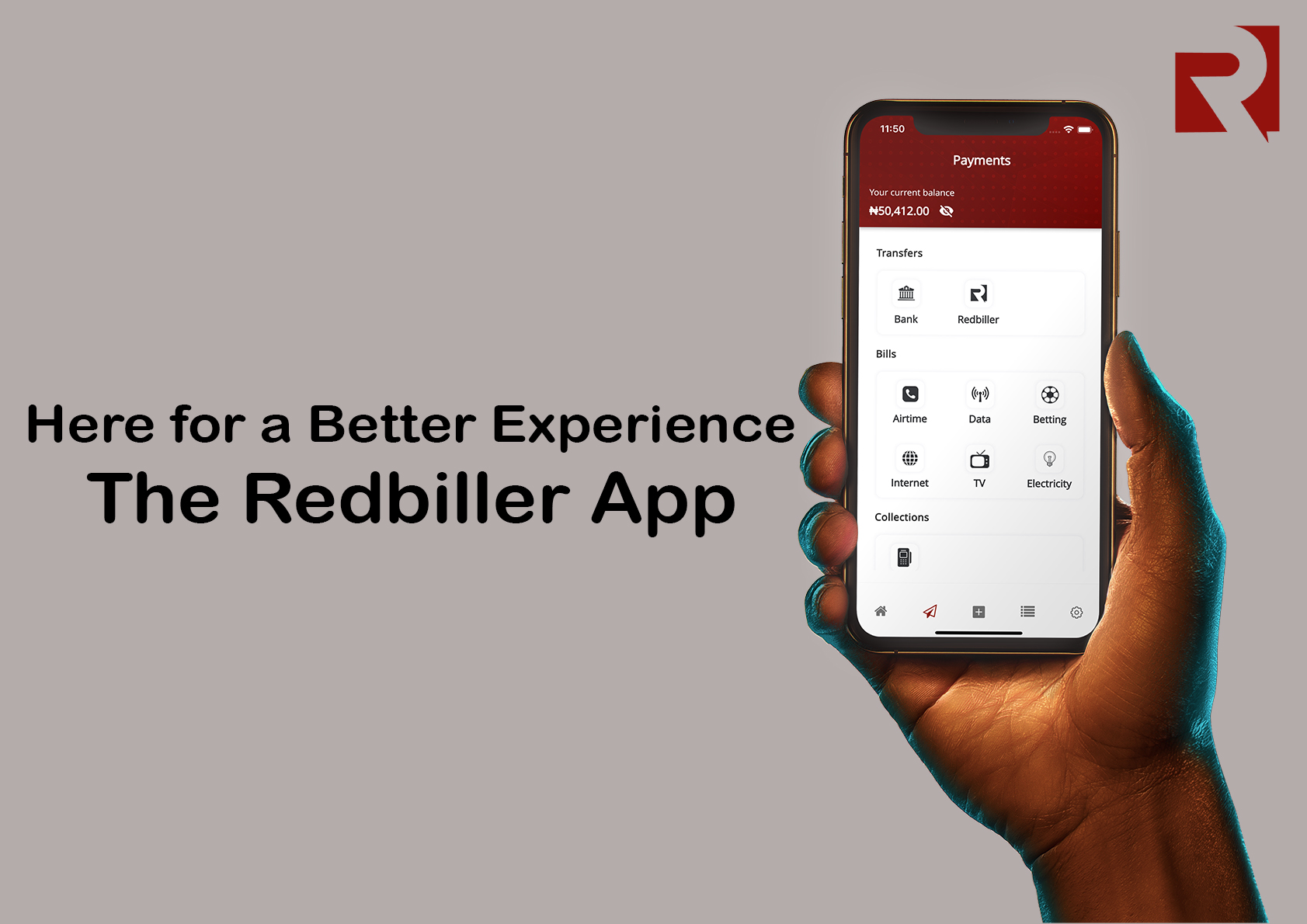I’m sure you have heard the term credit card before. You're probably about to check your ATM card right now. The one you have at hand is called a Debit card. A Debit card gives you access to the money you have deposited in your account. When you withdraw money from your account or make a payment with your card, it is with the money in the account linked to the card.
While a Credit card looks the same way and is of the same size, it is different in terms of what it gives you access to. Yes, it is to money, but a different kind of money. Credit cards allow you to pay for goods and services where card payment is accepted without actually having the money to make the purchase in your account. Your Card provider pays the merchant/service provider, and then you reimburse your Card provider within an agreed period. And at the agreed interest rate.
So here is what happens when you pay with your Credit card - your Card provider borrows you the money by paying for your purchase. You then pay your Card provider back when you have the money. It is a continuous loan. It doesn’t work like the traditional loans we are used to. It allows you to borrow repeatedly and at will, but within your card limit.
You can make purchases, settle your bills and even withdraw cash when you need it without worrying about not having the money to cover your bills. In the case of an emergency, you are not brick-wall stranded. You can pay with your card right there and then.
Who are Credit Card Providers?
Credit card providers are majorly Banks. Non-bank loaning companies also give Credit cards. The main factor to consider when choosing a Card provider is the interest rate. The standard is that interest doesn’t start accruing until after 21 days. There are Card providers that charge interest per day, while others charge monthly. While you should also the limit each card provider gives, the interest rate has graver implications.
Card Limits
For every Credit card, there is a spending limit. It is the maximum amount of purchase and bills settlement you can make with that card. If your limit is one hundred thousand naira, once you make purchases reaching that amount, your card is suspended from making any more payments until you settle your outstanding credit. Some providers only need you to pay up a percentage of it for your card to be reactivated.
Limits can be extended or reduced based on the holder’s attitude to repayment. Cards can also be suspended when an unusual buying activity is observed. This is to curb credit card theft/fraud, saving the holder from paying back the debts of purchases they do not make.
Use in Nigeria
While Credit card is present in Nigeria, it not as common as Debit cards. In the United States, Credit card remains the most common form of card payment. On the other hand, Debit card for payment is only just gaining ground in Nigeria.
The major setback for credit card issuing in Nigeria, especially for Loan companies, is proper citizens documentation.
However, with the emergence of fintech companies that offer KYC services, this is beginning to become less and less a problem. Redbiller offers Ten identity verification options to choose from. You can easily verify card applicants’ identities even without them knowing.
Credit Card vs Traditional Loans
In the last few months, many quick loan companies have reviewed their policies, with some suspending giving out new loans. This is due to the various case of people not paying back accordingly. Some people even go off the grid to avoid paying back the loan. Of course, it is impossible to track these people as there is no effective system to cater to it Nigeria. Once given the loan, it is easy to vanish into thin air. And many of these companies don’t require collateral just to make accessing loans easy for everyone. But some people are even willing to give up the collateral because they can’t pay back.
The credit card, on the other hand, is connected to an account which makes it easy to track the user based on the card use. Also, you are required to pay a percentage before you can continue to use your card. You have access to continuous loans, and as long as you pay a part of the total at the agreed time of the month, you can pay over a long period. The backdrop, however, which is to the advantage of the Card provider is the budding interest. If care is not taken, Credit card debt can become a lifetime debt.
The prerequisite for a Credit card is a stable source of income - as an employee or a business owner. You must have the means to service your loans if you can't pay them up monthly.
The Bottom Line
While we cannot ignore the fragility of the Nigerian economy and the risk it poses to the Credit card business, it remains a highly profitable venture for financial institutions. It is also convenient for Card users in terms of payback when it is managed well.
The Credit card is a goldmine that is yet to be explored by Nigerian loan companies, and that is understandable. However, there are sectors with relative job security like the public service sector. Loaning companies can consider giving out credit cards to these people. And with time and proper measures in place, they can then extend the service to other people. Eventually, Nigerians will get used to credit cards and how they can ease your life when well managed.



